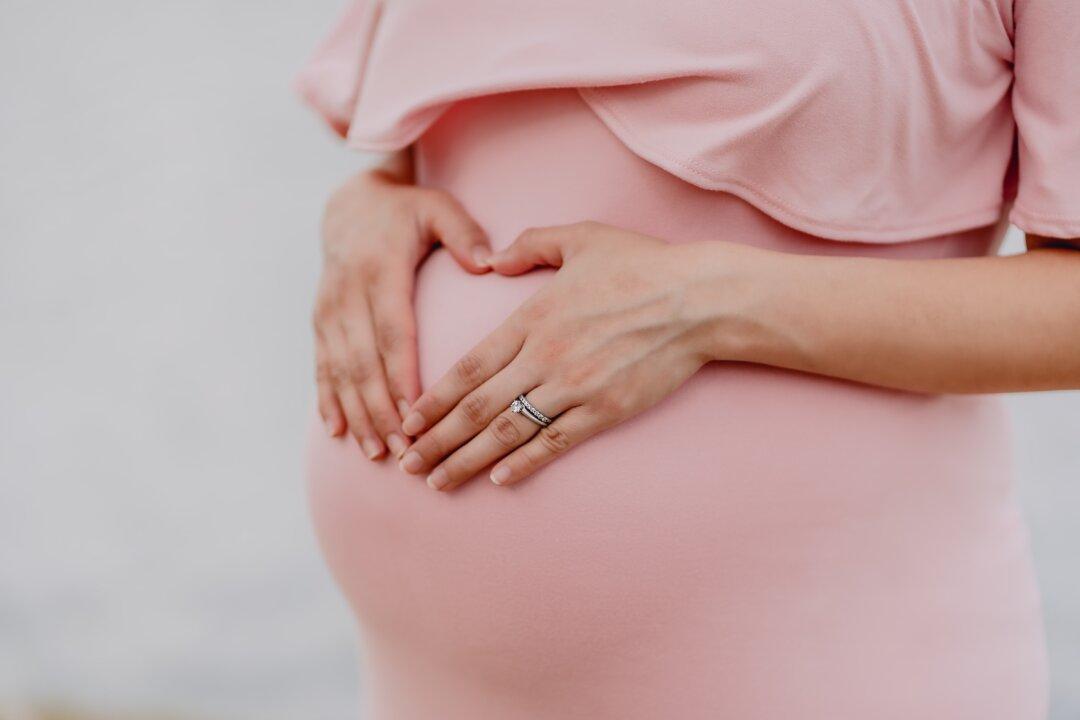The Morrison government announced it would support hopeful and expecting mums and dads with a $53 million (US$37 million) package for reproductive services, pregnancy planning, and postnatal care.
Patients with cancer or people at risk of passing on genetic diseases who have undergone government-funded genetic testing will also have their egg, sperm, or embryo storage subsidised.





